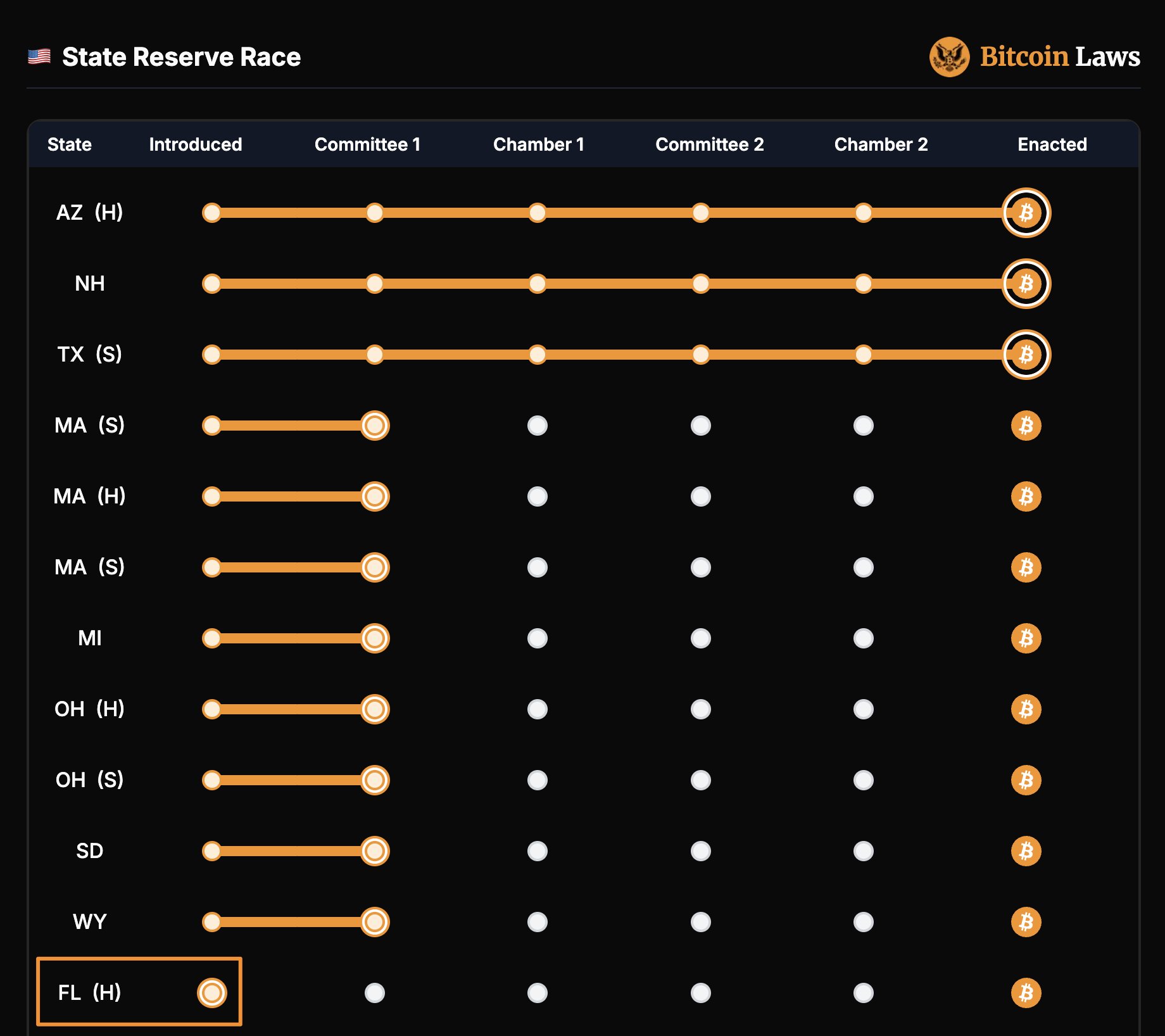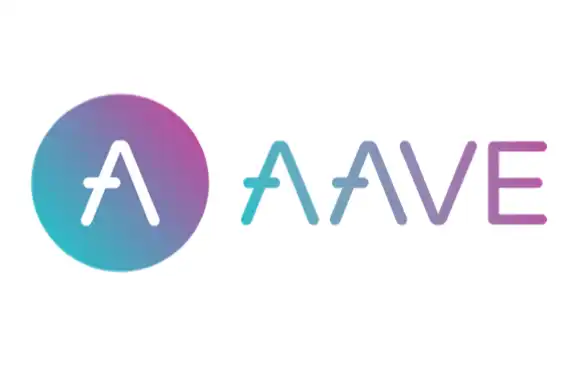Florida Bill Seeks to Authorize Bitcoin Investments for State Funds
Quick Breakdown
- Florida introduces bill to invest public funds in Bitcoin and ETFs.
- The proposal includes crypto payments for taxes and fees.
- Bill sets custody safeguards and expands to NFTs and tokenized assets.
Florida lawmakers have introduced a landmark proposal to allow the state to invest a portion of its public funds in Bitcoin and related exchange-traded funds (ETFs), signaling a potential shift toward digital assets in government finance.
Bill proposes 10% allocation to bitcoin and ETFs
House Bill 183, presented at the 2026 legislative session, authorizes Florida’s Chief Financial Officer (CFO) to allocate up to 10% of specific public funds — including the General Revenue Fund and the Budget Stabilization Fund — into Bitcoin and crypto-based ETFs. The proposal also extends similar investment guidelines to the state’s retirement system, subject to strict limitations and risk management protocols.
The legislation outlines clear safeguards for digital asset custody, mandating that all crypto holdings be managed by the CFO through qualified custodians. This structure aims to align with federal compliance standards and institutional best practices.
 Florida Bill Seeks to Authorize Bitcoin Investments. Source: Bitcoin Law
Florida Bill Seeks to Authorize Bitcoin Investments. Source: Bitcoin Law
Former CFO Jimmy Patronis, a vocal Bitcoin advocate, previously urged the state to integrate Bitcoin into its pension funds, calling it “digital gold” that could strengthen Florida’s financial resilience and diversify its portfolio.
Digital payments and broader crypto scope
Beyond investments, the proposed bill introduces a framework for Floridians to pay certain taxes and fees using digital assets. These payments would be automatically converted to U.S. dollars before being deposited into the state’s general revenue fund, ensuring seamless fiscal integration.
The bill also broadens the definition of digital assets beyond Bitcoin, encompassing tokenized securities and non-fungible tokens (NFTs). Lawmakers argue that this flexibility would position Florida as a leading state in blockchain adoption while maintaining fiscal prudence.
If passed, Florida would become one of the first U.S. states to formally integrate Bitcoin into its treasury and retirement portfolios — a move that could accelerate digital asset adoption at the state level.
Republican Senator Joe Gruters, who introduced the measure, described the bill as a forward-looking reform that “bridges traditional finance and the digital economy.”
Take control of your crypto portfolio with MARKETS PRO, DeFi Planet’s suite of analytics tools.”
Disclaimer: The content of this article solely reflects the author's opinion and does not represent the platform in any capacity. This article is not intended to serve as a reference for making investment decisions.
You may also like
Lighter token launch controversy and Breakpoint conference feedback: What is the overseas crypto community discussing today?
What have foreigners been most concerned about in the past 24 hours?

With a 60% plunge in market share, can Hyperliquid return to the top with HIP-3 and Builder Codes?
What has Hyperliquid experienced recently?

Annual Loss of Tens of Millions in Revenue Sparks Governance Controversy, Aave Labs Accused of "Backstabbing" the DAO
The conflict between Aave Labs and Aave DAO over front-end integration and fee attribution essentially questions a core issue: who should control and distribute the value created by the protocol.

Small-cap tokens fall to a four-year low—Is the "altcoin bull run" completely hopeless?
Despite having a correlation as high as 0.9 with major crypto tokens, small-cap tokens have failed to provide any diversification value.

